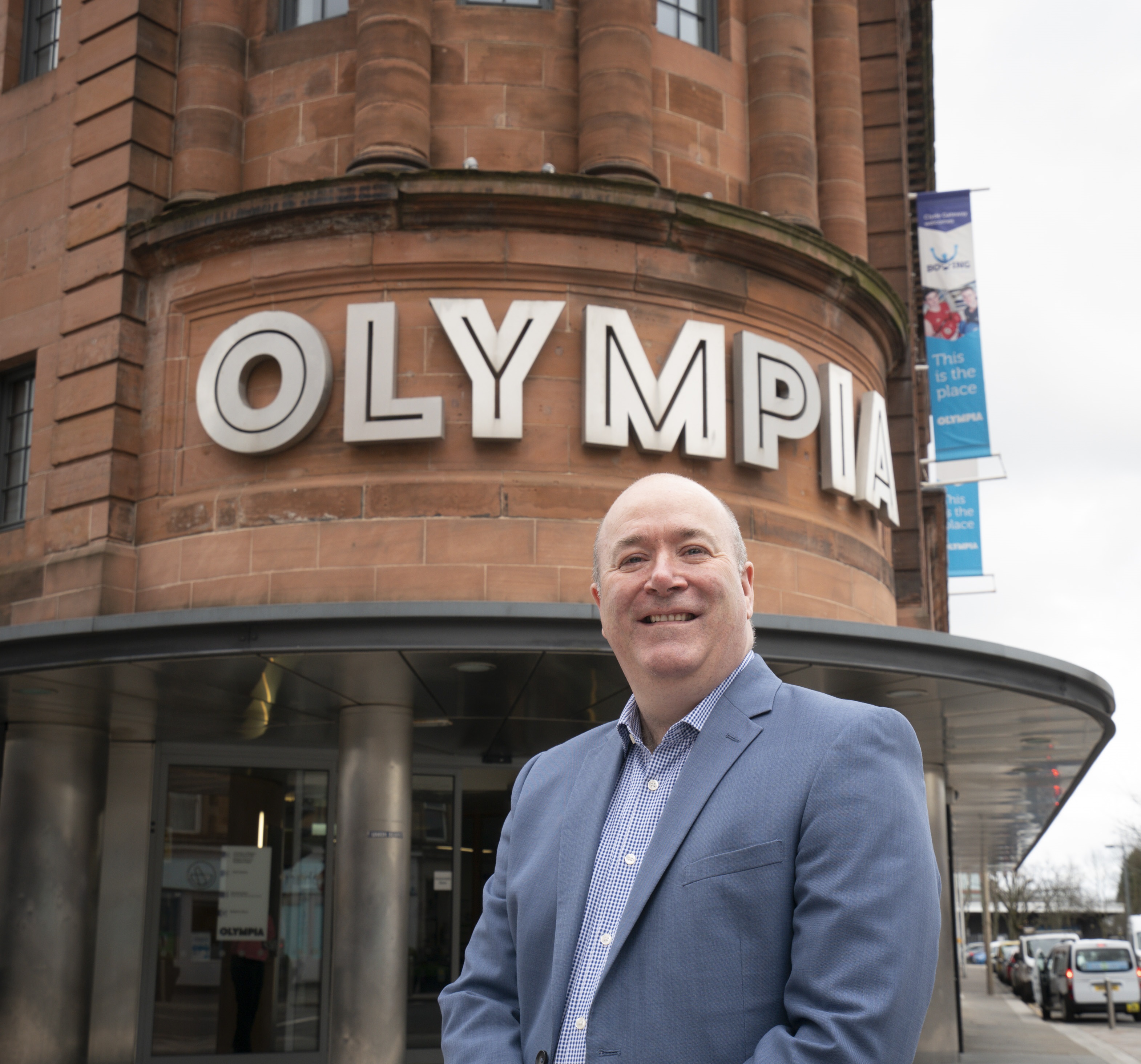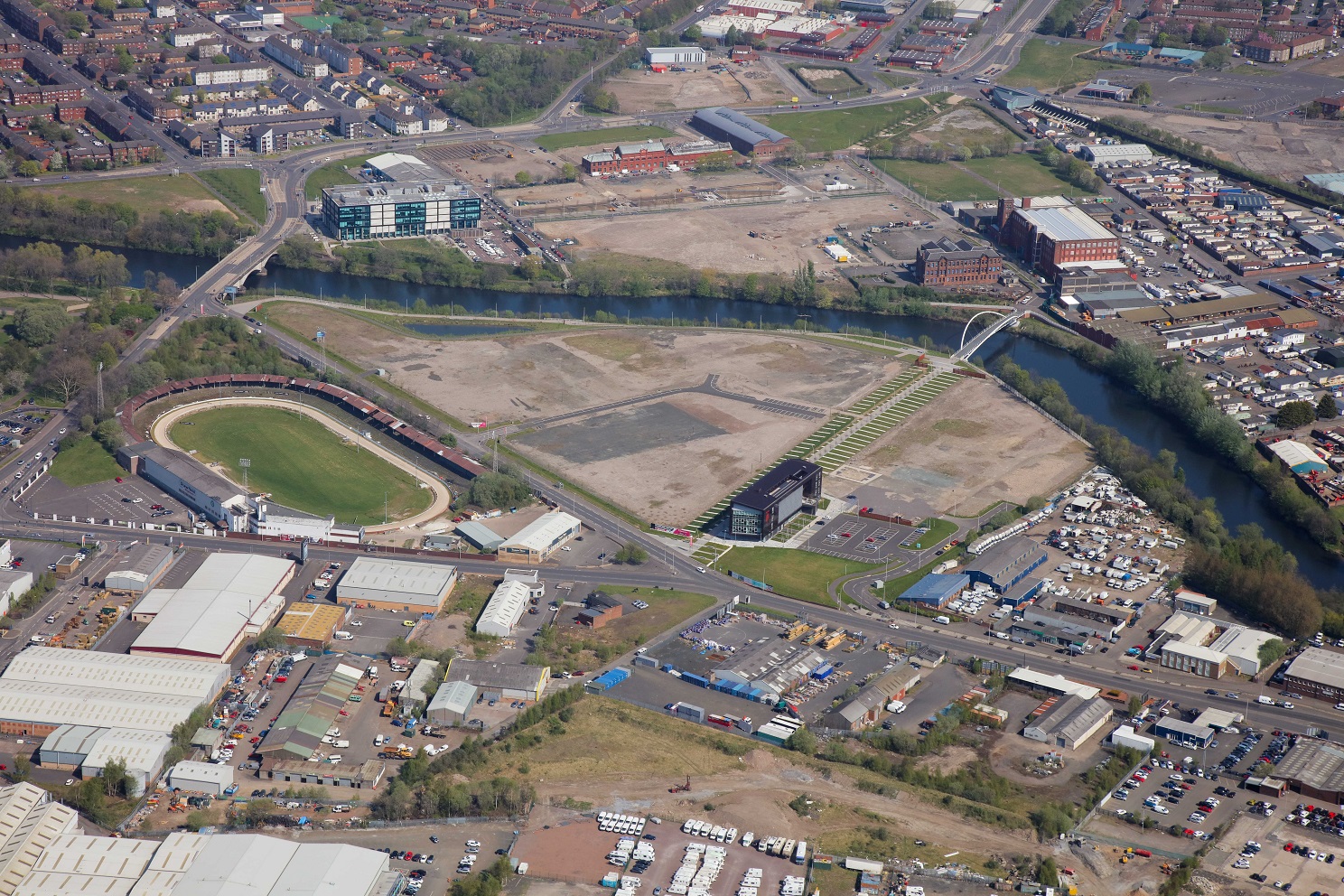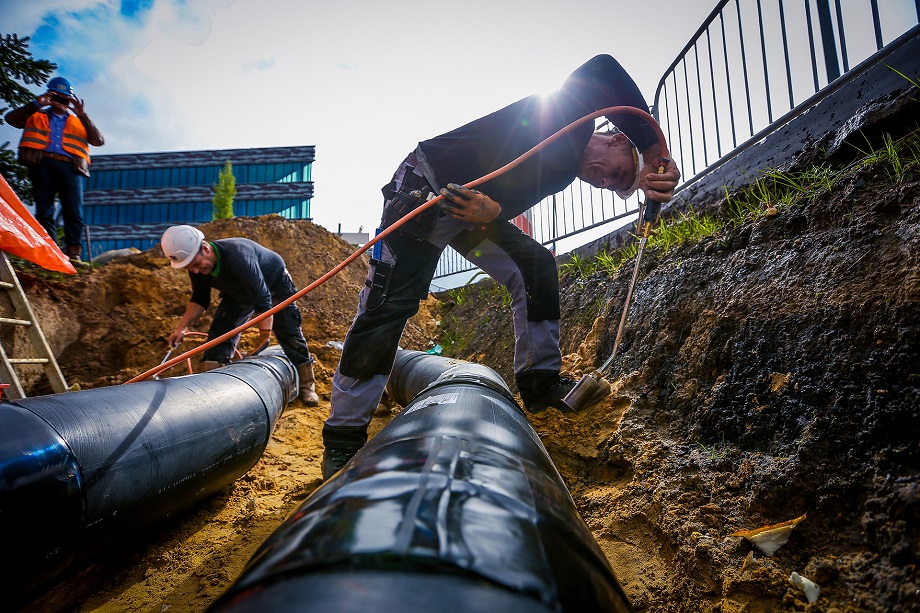Martin McKay: Green transition can bring numerous benefits to our communities

Martin McKay
New Clyde Gateway chief executive Martin McKay outlines his future vision for the area, particularly in relation to achieving net zero, and reveals how the green transition also presents an opportunity for job creation, economic growth, and sustainable development, whilst addressing climate change and environmental challenges.
Often we talk about the importance of achieving net zero in terms of how inaction could be disastrous for our planet. We see in the news the actions that are having impacts on our ecosystems and the imperativeness to address these. But we need to talk about the benefits this transition can bring to our communities too. More importantly, we need to deliver them.
Scotland has set difficult targets, one of the most ambitious in the world, to transition to net zero by 2045. Delivering this will help the world address climate change and ensure our future communities do not have to live with the consequences of rising global temperatures.
However, this green transition also presents an opportunity for job creation, economic growth, and sustainable development, whilst addressing climate change and environmental challenges.
I was recently appointed as the new chief executive of Clyde Gateway, Scotland’s largest regeneration company. I am determined that we deliver a just transition for our communities in South Lanarkshire and the east end of Glasgow.

Magenta Business Park in Rutherglen will be connected to a heating and cooling district heating system
We have already made great progress. Using district heating networks we are delivering low carbon heat to new homes. The benefits are clear to see; better for the environment, cheaper energy, delivering green regeneration for communities, building resilience against changes in global energy markets. The project is delivering true community wealth building.
These heat networks are powering businesses too. They are attracting employers to the area who are looking to make greener choices and with the added benefit of more affordable energy. It delivers more jobs for local people. There is evidence of this at Eastworks in Dalmarnock, which is the re-use of a former gasworks building and at Magenta Business Park in Rutherglen where a fifth generation system is under construction.
We must continue this momentum and focus on achieving net zero that delivers for people and communities. Clyde Gateway is Scotland’s first Green Regeneration and Innovation District and we must utilise this to deliver green skills and jobs. There is no reason why our city cannot become a renowned hub for expertise in green industries.

Construction of the district heating system
We must collaborate with the private and public sectors, as well as with Glasgow’s world class educational institutions to reach net zero. Working with colleges and universities to ensure that cutting edge research and training is encouraged is vital in making this work.
The triple helix of industry, academia and government could deliver another innovation district for Glasgow in the Clyde Gateway too. This would spur more investment, create jobs and deliver the skills that we need to transition to net zero successfully. By fostering a skilled workforce in green industries, the communities of Clyde Gateway can contribute to the development of a sustainable and prosperous future.
Often the road to net zero is shown as a path with stark and difficult choices. This can be unpalatable for economic and social reasons. However, in Scotland, if we use our strengths wisely, the net zero agenda will be transformational, equitable, and not at the expense of jobs and our local communities.
- Martin McKay is the chief executive of Clyde Gateway, an urban regeneration company working in Dalmarnock, Bridgeton and Rutherglen.























